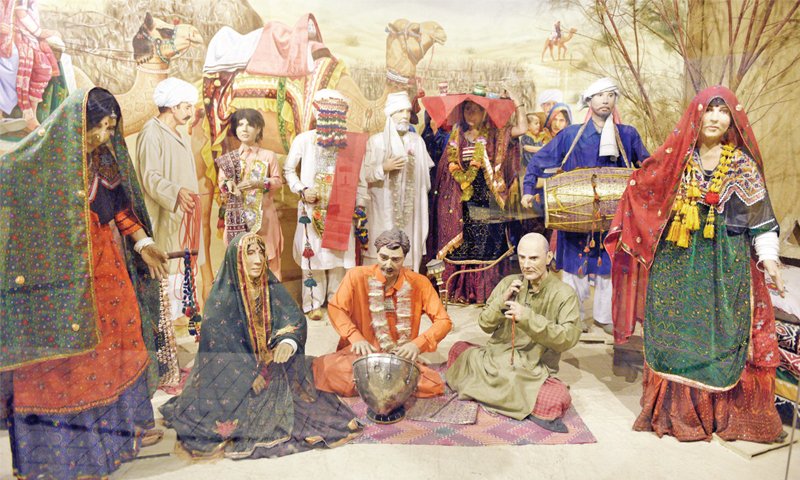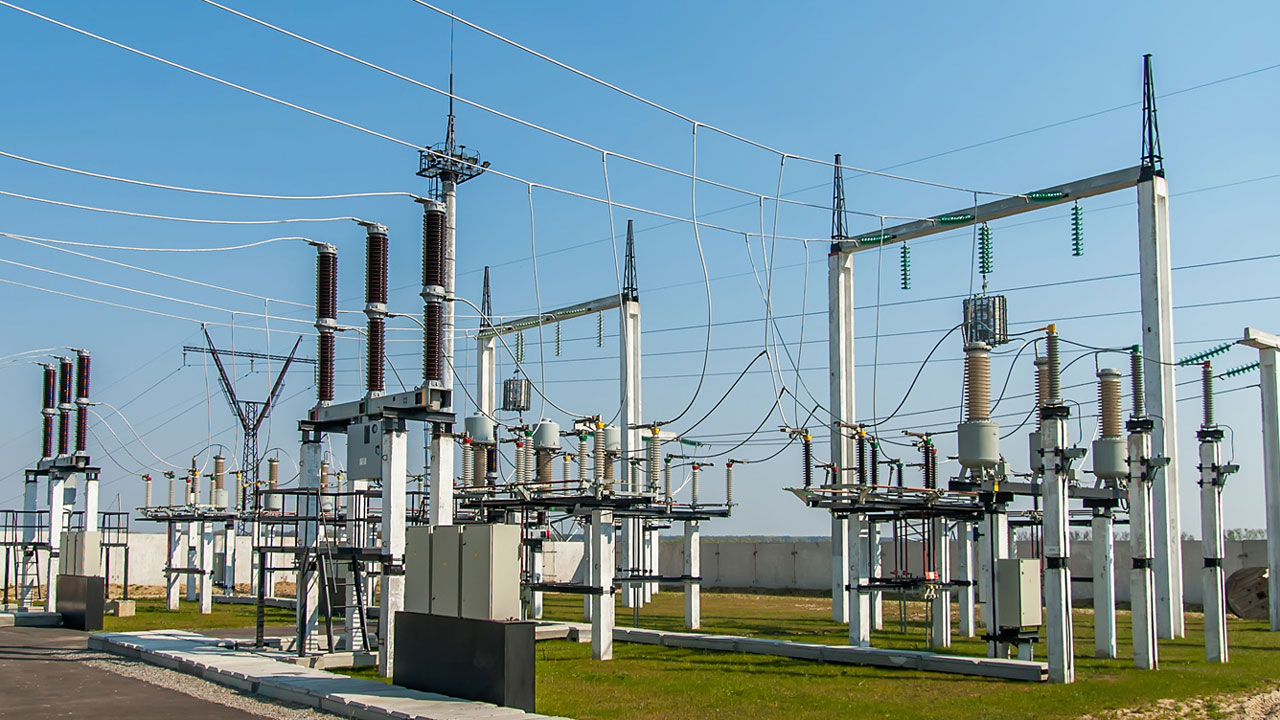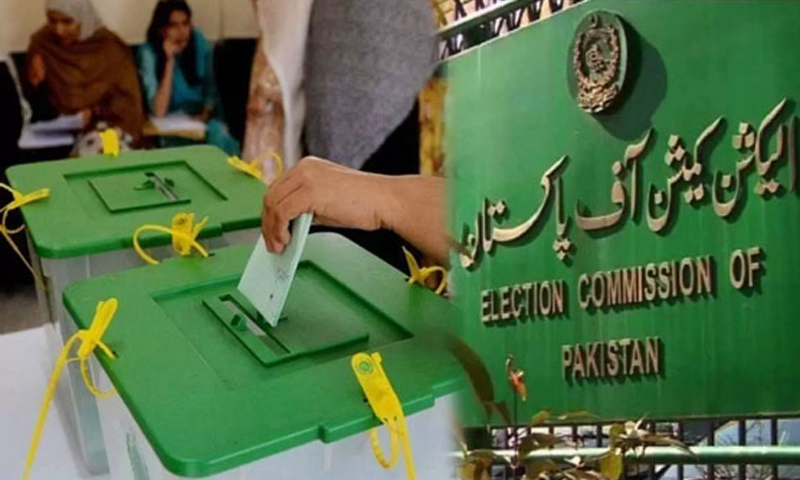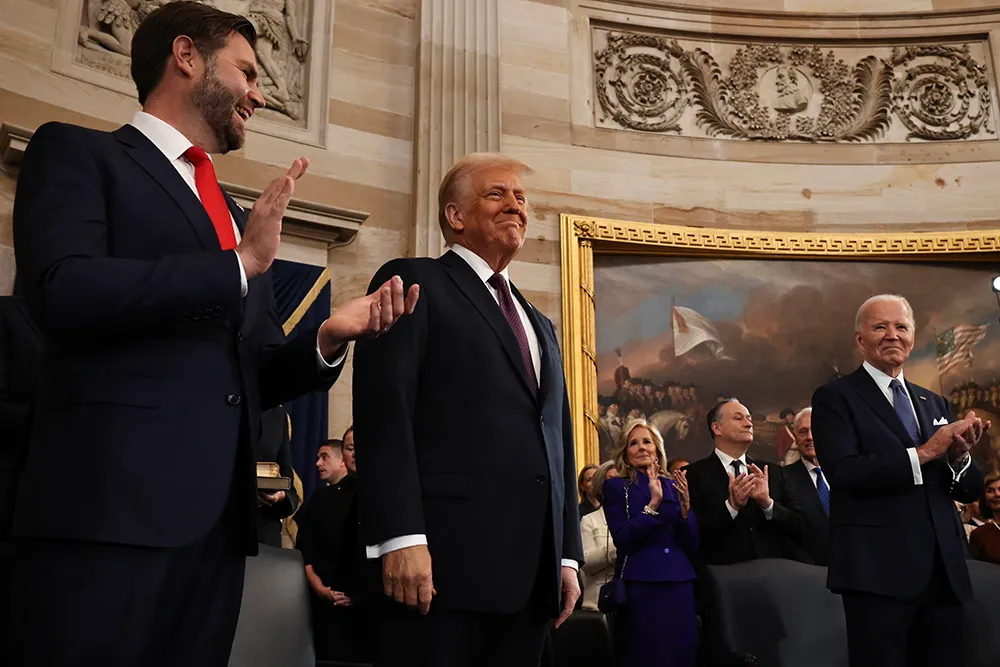Abbas Ali Shah
Culture is a broad term that refers to the shared values, beliefs, norms, symbols, language, customs, and material objects of a group of people. Culture shapes the way people think, behave, communicate, and interact with each other. Culture is also dynamic, changing over time as people adapt to new situations and influences.
There are different ways of categorizing the parts of a culture, but one common framework is to distinguish between material and non-material culture. Material culture consists of the physical objects that people create, use, and value, such as tools, clothing, art, architecture, food, and technology. Non-material culture consists of the abstract ideas and expressions that people create, use, and value, such as language, religion, literature, music, norms, values, symbols, and rituals.
Culture is important for a nation because it defines its identity and character. Culture also influences the social, political, and economic development of a nation, as well as its relations with other nations.
Culture can foster unity and diversity, creativity and innovation, tradition and modernity, stability and change, among other aspects of national life.
Culture can be preserved amid technological globalization by adopting a critical and selective approach to the influences and opportunities that globalization offers. This means that nations should not blindly accept or reject everything that comes from outside but rather evaluate and adapt them according to their own cultural values and interests. Nations should also promote and protect their cultural heritage, diversity, and expression, both within and outside their borders, through various means such as education, media, arts, tourism, diplomacy, and legislation.
Pakistan can preserve the Islamic, social, cultural, and historical values of its culture by strengthening its national identity and cohesion while respecting the diversity and pluralism of its people. Pakistan can also enhance its cultural awareness and appreciation, both internally and externally, by celebrating and showcasing its rich and varied cultural heritage, achievements, and contributions to the world. Pakistan can also learn from and collaborate with other cultures, especially those that share common or compatible values and interests, to address the challenges and opportunities of the contemporary world.
Please, subscribe to the monthly magazines of republicpolicy.com
Pakistan, a land of rich history, diverse traditions, and vibrant cultural tapestry, faces the challenge of preserving its heritage in the face of globalization and modernization. Accordingly, it is critical to safeguard this precious legacy. A concerted effort is required at governmental, social, and cultural levels in this regard.
Governmental Initiatives:
The Pakistani government plays a crucial role in protecting cultural assets through various initiatives, projects and programs at federal, provincial and local levels. The religion and the Indus civilization play a pivotal part in the cultural civilization of Pakistan. Therefore, the cultural identity of the nation needs to preserve and promote the culture of Pakistan.
Establishing Cultural Institutions: The Ministry of Culture oversees institutions like the National Heritage Division, the Lok Virsa Museum, and the Pakistan National Council of the Arts, which are dedicated to preserving, promoting, and disseminating cultural heritage.
Enacting Cultural Heritage Laws: The Antiquities Act of 1976 and the Federal Cultural Property Export Control Ordinance of 1982 provide legal frameworks for protecting cultural assets, regulating excavations, and controlling the export of antiquities.
Supporting Cultural Festivals and Events: The government organizes and supports cultural festivals, such as the Lahore International Sufi Festival and the Islamabad International Folk Festival, to showcase Pakistan’s diverse cultural traditions.
Protecting Historic Sites and Monuments: The government has designated numerous historical sites and monuments as national heritage sites, ensuring their preservation and restoration.
Social Initiatives:
Pakistani society can play a vital role in preserving cultural traditions through various social initiatives. Social initiatives are always crucial for the growth and preservation of the culture. Therefore, social organizations and institutions should play their role in developing the pride and prestige of the culture.
Promoting Cultural Education: Schools and educational institutions can incorporate cultural education into their curricula, teaching students about Pakistan’s history, arts, and traditions.
Encouraging Cultural Practices: Community centres and cultural organizations can organize workshops, seminars, and performances to promote traditional arts, crafts, and music.
Preserving Oral Traditions: Oral storytelling, folk music, and traditional dance forms can be preserved by organizing community gatherings and encouraging the transmission of these traditions from generation to generation.
Supporting Artisanal Communities: Patronizing local artisans, promoting their products, and organizing craft fairs can help sustain traditional crafts and livelihoods.
Cultural Initiatives:
The cultural sector itself plays a crucial role in preserving heritage through various initiatives:
Documentation and Archiving: Museums, libraries, and archives can collect, document, and preserve cultural artefacts, manuscripts, and oral histories.
Digitalization of Cultural Heritage: Digitizing cultural materials, including manuscripts, photographs, and recordings, can make them accessible to a wider audience and ensure their long-term preservation.
Cultural Tourism: Promoting cultural tourism can raise awareness of Pakistan’s heritage and generate revenue for conservation efforts.
Public Awareness Campaigns: Raising public awareness about the importance of cultural preservation through media campaigns, educational programs, and community outreach can foster a sense of ownership and responsibility towards heritage.
Preserving Pakistan’s cultural heritage requires a multi-layered approach that engages government institutions, social organizations, and cultural entities. By working together, these stakeholders can ensure that Pakistan’s rich cultural tapestry is safeguarded for future generations to appreciate and enjoy. Preserving the culture of Pakistan is essential for several reasons. First, culture is a source of pride and identity for the people of Pakistan, who have a rich and diverse heritage that spans thousands of years. Culture reflects the history, achievements, and values of the nation and helps to distinguish it from other nations. Second, culture is a resource for development and innovation for the people of Pakistan, who can use their cultural knowledge, skills, and creativity to solve problems, create opportunities, and improve their quality of life.
Culture also enables the people of Pakistan to contribute to the global community and share their perspectives and experiences with others.
Third, culture is a bond for unity and harmony for the people of Pakistan, who have different ethnic, linguistic, religious, and regional backgrounds. Culture fosters a sense of belonging and mutual respect among the people of Pakistan and helps to overcome the challenges and conflicts that may arise from their diversity. Culture also promotes dialogue and cooperation with other cultures, especially those that have common or compatible values and interests with Pakistan.
Please, subscribe to the YouTube channel of republicpolicy.com

















